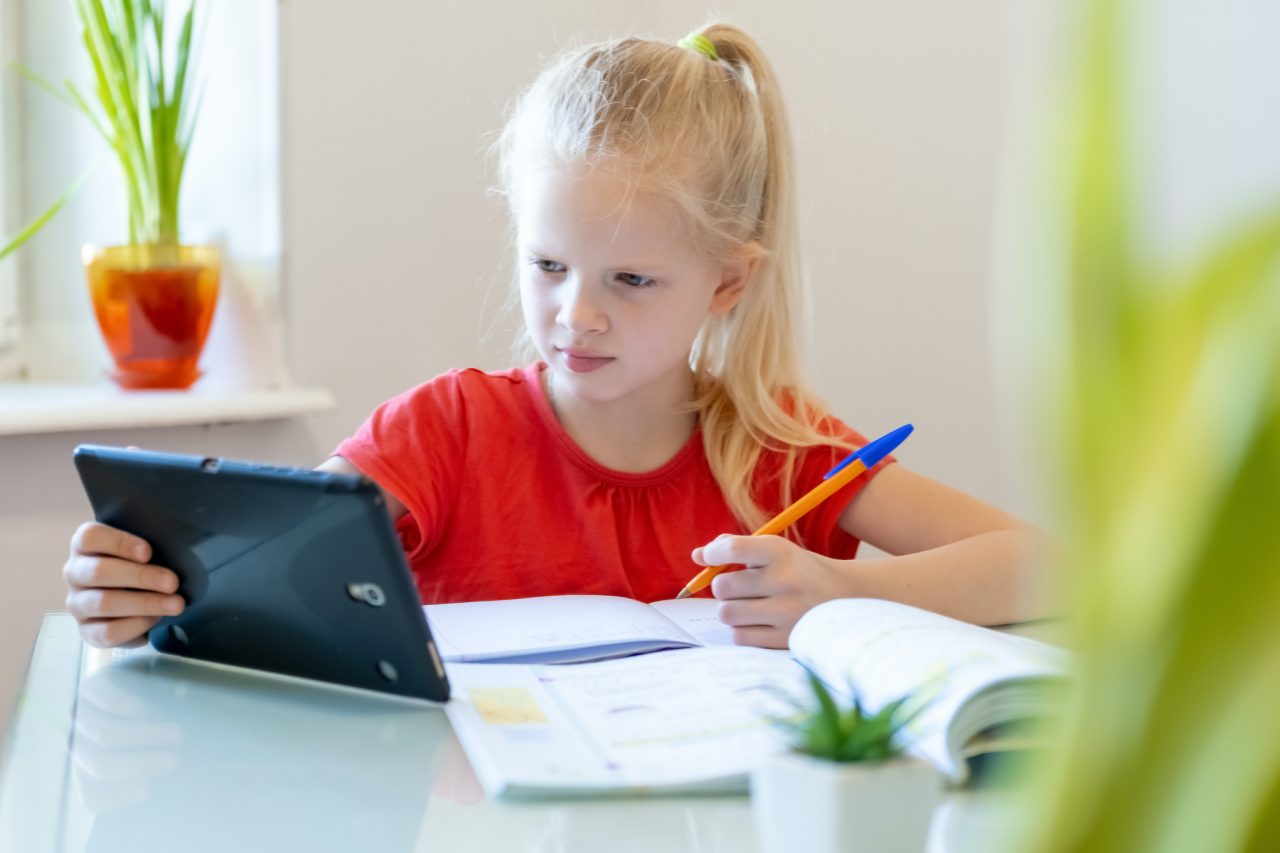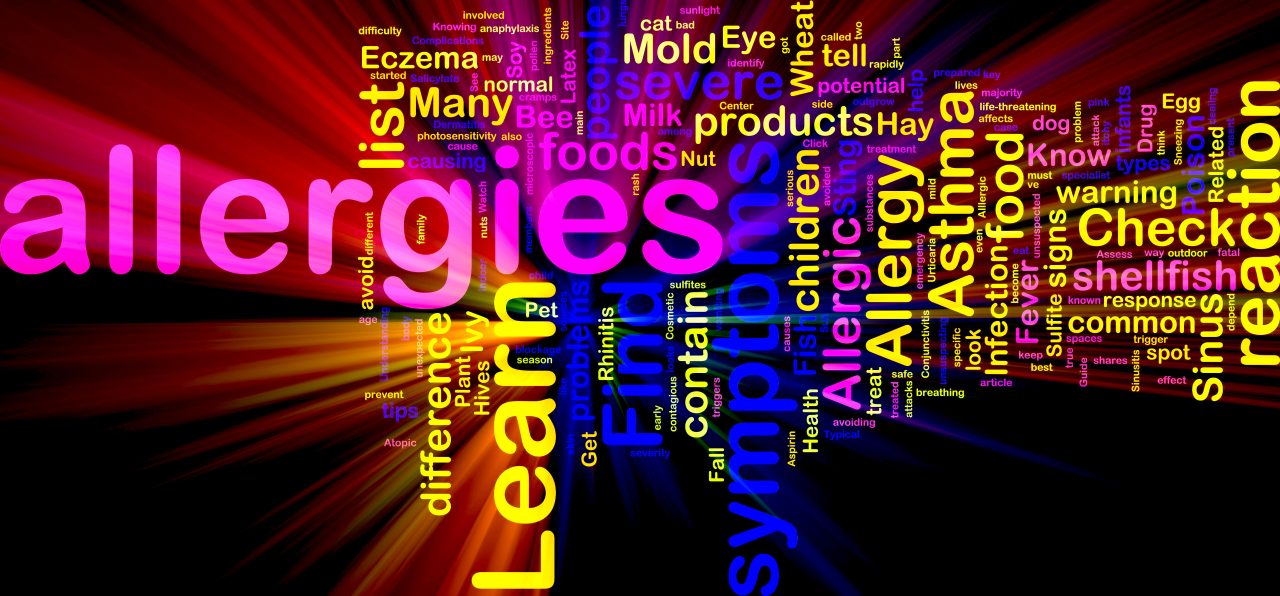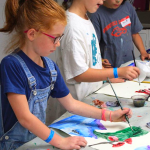Virtual Learning — Even Less than it’s cracked up to be

A lot of hard work and creativity went into establishing a working virtual education platform back in March, and I appreciate all of the effort made by teachers and administrators around the country. However, I continue to hear phrases like “the excellent education we’ve been able to continue to provide.” New York’s Governor Cuomo wondered why we need all these school buildings at all. I think it may be time for a reality check.
Even with some educators doing the best they can do under the circumstances, the learning is still far from excellent, and on top of this, while perhaps keeping us safe from coronavirus, carries a slew of other risks. I think it is important to stop focusing on the achievement of getting it done, and start discussing the many ways virtual education falls far short of what our children need. While decisions are being made on how to reopen in September, it is very important to be clear about a couple things. While virtual learning in the fall may be necessary — and it is not clear it is — it is a poor substitute for the real thing, and it carries its own dangers to the health and wellbeing of school aged kids and teens.
Screens — It is no secret staring at screens for hours every day is unhealthy. As parents, we’ve been talking about this for years. Scientists and doctors have warned time and again. It is bad for your vision, bad for your sleep, bad for your back and neck, bad for your ability to concentrate, and increases your risk for behavioral problems — to name just a few.
Lack of human contact — Our kids already suffer from a lack of human connection because of social media and reliance on their phones as a means to communicate. Now, with virtual learning in place for kids as young as preschool, their ability to learn and hone social skills is all but paralyzed. You’ve been Zooming — does it feel healthy or normal to you as a means of real communication? Imagine it was all you had during your most formative years.
Risk to mental health — We already live in what many researchers identify as the loneliest culture there has ever been. More connected than ever, we are more isolated at the same time. If we engage in many more months of virtual learning, the effects will be magnified. The rate of depression and anxiety was rising among children and teens prior to the quarantine. Evidence is already mounting about the multiplier this will put on those rates. I’ve seen little to nothing done to offset this risk so far in the general population of students, and I hope if learning remains virtual, a higher importance will be placed on the mental health of our children.
Risk to physical health — The answer to getting through the monotony of these days has been to binge watch shows and bake cookies. Elementary school is finished by 11 on most days. There is only so much physical activity kids can do on their own, only so much creative play they are capable of. I am sure for some kids, this will inspire imagination and activity, but for many, they will resort to more screens for entertainment. The risk to physical health resulting from this unnatural inactivity is great. For little kids, their physical development will suffer. For older kids, their risk for obesity, heart disease, and diabetes will increase.
On top of all these potential risks to kids, how is virtual learning going to affect parents and their ability to go to work? How will the kids maintain motivation to learn when faced with, at best, a virtual version of a teacher, at worst, a list of assignments they need to complete by day’s end? How will this one-size-fits-all instruction not result in academic struggle, underachievement and unpreparedness down the road? If we go full virtual in the fall, I will be forced to think about the potential advantages to home schooling for my elementary school kids — and I have to tell you, the thought of that keeps me up at night. I don’t want to do it, but I also don’t think I can watch my children depend on computer screens for their education. I could never do a better job than an in person teacher, I may not be able to do an academically better job than a virtual teacher, but I can probably do a healthier job than a computer.
The powers that be may decide virtual learning is the only option for the fall, and it is not my job to affect that decision. I cannot though, continue to pretend, even in the hands of the most dedicated and talented teachers, an online education is anything but a poorly placed bandaid. If there is any virtual component in the next school year, be it full time or part time, I can only hope we can move from being proud we got it up and running to really starting to address its many inherent, serious dangers and inadequacies.
15+ Burgers to Try This Summer


Read This Before You Pop a Sleeping Pill
Everything You Need to Know About Allergies






















